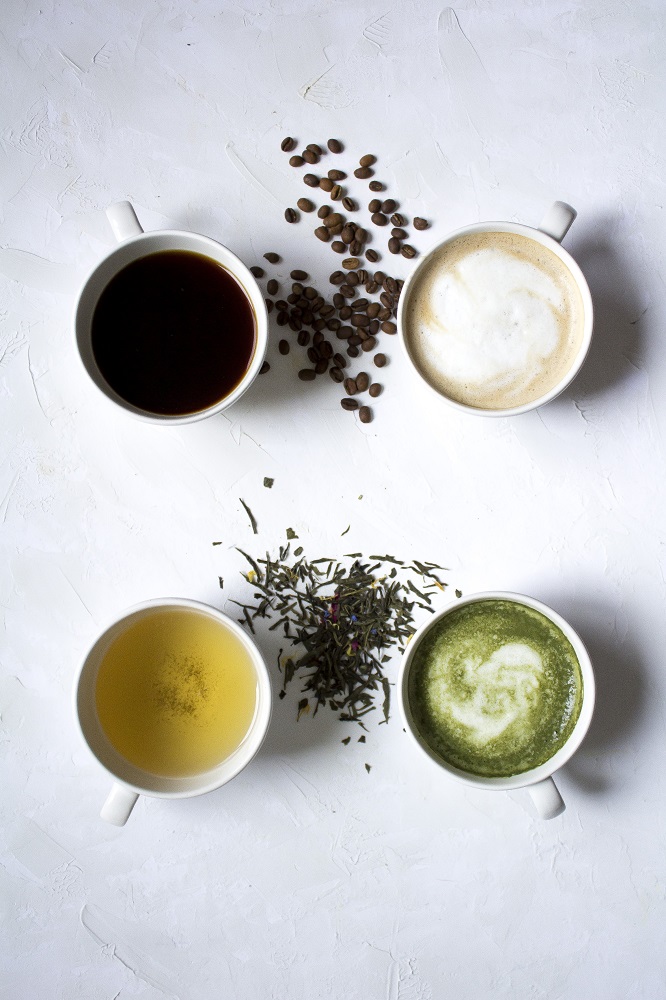“Tea time” or “high tea” hasn’t made its way to North American rituals and culture, but lately, we’ve become pretty close, given its rapid rise in consumption – especially among the business set.
Written by Dave Gordon
BeverageDaily.com reports global tea consumption increased more than five per cent, over the last decade, mostly due to “young upper-middle class consumers” seeking “fashionable” alternatives, while seeking its health benefits.
Meanwhile, the “ready-to-drink tea” market grew forty per cent from 2011-2016, exceeding that of soda, reports World Tea News. According to Statista, tea is currently the second-most consumed beverage, after water. Even Forbes confirms tea’s trajectory to be unstoppable.
This isn’t merely reflected in store fronts and beverage shops; it’s now a visible trend in lounges, corporate food courts, bars and business meetings.
By way of example, Tea Va See Shisha Lounge and Bar, in Thornhill, Ontario offers the obligatory cocktails, wines, appetizers, main courses, desserts, salads and sandwiches. They also serve more than 20 teas, ranging from various black teas, green teas and caffeine-free teas. Clients can reserve a table for any occasion, including corporate gatherings. The café notes it’s the place to be “if you are looking for a more relaxed setting.”
Additionally, Symposium Café, with various franchises across Ontario, hosts a selection of about a dozen teas, ranging from Chamomile Citrus, Green Tea Tropical, Organic Earl Grey, Bombay Chai, African Nectar, Mint, and Ginger Twist. They also have some locations with private rooms for business meetings.


Shabnam Weber, founder of The Academy of Tea and the new president of the Tea and Herbal Association of Canada , says teas growth and popularity is a result of how it was marketed. “As an industry, we worked so hard for so many years to get that health messaging out there. I think we’ve slowly reached a point where people simply know tea’s good for them.”
As co-founder of The Tea Emporium, Weber observed the corporate-set drifting towards tea when The Tea Emporium had a location at First Canadian Place for ten years, from 2003 to 2013.
As the demographic shifts to living a healthier lifestyle, Sarah Segal, Chief Brand Officer of DavidsTEA, believes tea and herbal infusions offer the perfect fit.”Now more than ever, young professionals are armed with knowledge to make conscious choices about what they consume on a daily basis,” said Segal.
“I think it’s a big part of the healthy lifestyle. If I go into a food court, it is very different than it was even 10 years ago,” said Weber. “Whether it’s offerings like Freshii or custom salads, it’s very different than what used to be in food courts – burgers and fries.” According to Weber, tea is a part of the health landscape in a big way and part of what has changed in Toronto’s downtown core.
Additionally, tea is no longer perceived as grandma’s drink or relegated as the obligatory fixture to beat the flu, Weber notes.
“That’s so not what tea is anymore. It doesn’t even have to be a specialty shop,” said Weber. “Go into a Second Cup or Starbucks. How many people do you see with string and tag hanging out of their cup, as opposed to just a coffee?”
Segal finds that younger generations are also interested in the experience of the discovery. With this in mind, DAVIDsTEA recently launched an Origin Collection.
“It takes our customers on a journey through the greatest tea gardens in the world. The collection features unique offerings from rare reserve teas with histories, to new riffs on old blends,” said Segal.
Weber adds that in recent years “a number of companies reached out”, wanting to add tea service to their kitchen offerings. “Tea with thought,” she calls it. “What I mean by that is: not an afterthought. All you need is a kettle and water. You don’t need thousands of dollars worth of equipment to make this. And you’ll still make something special.”








